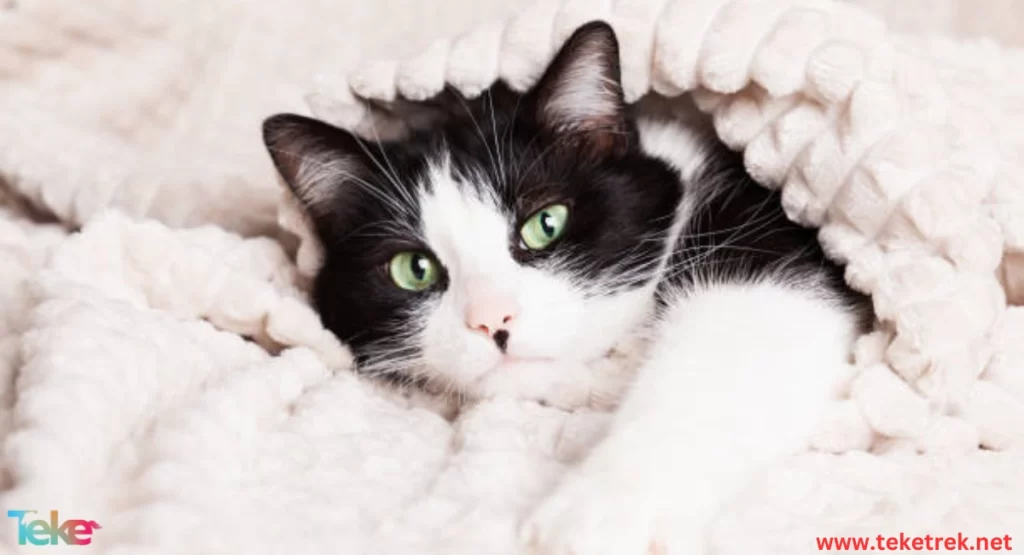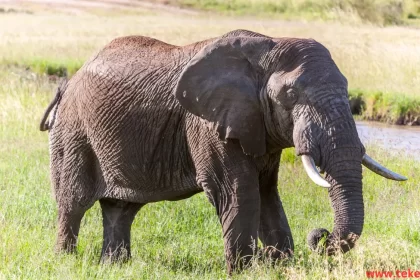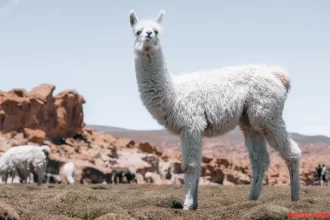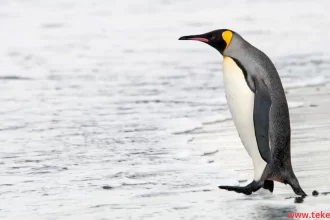How to protect your pet from winter diseases? This is the question that a large number of breeders of these cute creatures are searching for an answer to. Winter is the season of cold, snow, and low temperatures, which lead to changes, some of which may be very dangerous, which requires giving them additional care to protect them from multiple winter diseases.
As winter approaches, the health problems that pets are exposed to, especially cats and dogs, increase, most notably respiratory infections, joint pain, and many others. They also have special needs, in terms of sleep, the nature of their food, and the need for more sleep.
What are the ways to maintain pet health in winter? What are the winter diseases that affect pets? What are the ways to avoid winter diseases in animals? We will answer these questions and many others in this article. Follow along with us.

Understanding the impact of winter on pet health:
When thinking about protecting pets in the winter, one should not know the impact of this season on their health, as the effect of low temperatures on the immune system of animals is clearly evident in heat stress, which in turn affects the body’s functions. When exposed to cold, the animal’s body needs more energy. To maintain its internal temperature, thus reducing the amount of energy that supports the immune system, thus viruses have a better opportunity to spread due to the weakness of the body’s natural defenses.
In this context, it must be noted that the cold environment increases the chances of contracting diseases, due to the cold air and high humidity that affect the respiratory system and lead to infections in the lungs and bronchial tubes. The low percentage of exposure to the sun in this season is also a major reason for a decrease in vitamin D, one of the most important factors. Elements that support the immune system, and we cannot forget the role of humidity in causing skin problems such as fungi and skin infections.
Common diseases in winter in pets:
In the winter, pets are afflicted with a group of diseases that directly threaten their lives. These diseases could be the result of infections that spread in the air or the lack of immunity that afflicts animals in this cold season, so we will provide a simple summary of these diseases:
Overview of respiratory diseases:
Pets, such as cats and dogs, are afflicted with a group of respiratory diseases as a result of infection with viruses, bacteria, and parasites. Among the most prominent of these diseases are:
Inflammation of the lungs caused by parasites and bacteria, the most important symptoms of which are coughing, irritation, and noisy exhalation.
Bronchitis, where persistent coughing and noisy exhalation are among its most important symptoms.
Inflammation of the respiratory intestinal tract, which causes vomiting and coughing in most animals that are infected with it.
Sore throat, which causes hot throats, coughing, and vomiting in many pets.
Inflammation of the congested lungs caused by parasites and bacteria that spread in the winter, causing persistent coughing and noisy exhalation.
Skin problems and dryness:
Pets suffer from many skin diseases resulting from exposure to cold in the winter, and among these diseases are:
Dryness: Cold weather causes pets’ skin to become dry, leading to cracking and peeling, which causes itching and a change in the texture of the skin.
Eczema: Excessive humidity and cold cause eczema, which causes the animal to suffer from inflammation, itching, and redness.
Dermatitis that appears as a result of the pet’s sensitivity to something, which leads to the appearance of pimples and pimples on the skin.
Cold sores that affect animals as a result of exposure to extreme cold and humidity.
Fur falling out: Weather fluctuations and weather changes from hot to cold cause unnatural fur falling out.
Joint pain in elderly animals:
As pets grow older, they suffer from joint pain due to the following reasons:
Arthritis resulting from erosion of the cartilage between the joints.
Old infections that affect pets during their youth, which cause many problems when they get older.
Obesity and excess weight increase pressure on the joints, which leads to worsening pain and inflammation.
Tips and instructions to strengthen the animal’s immunity in the winter from winter diseases:
Pet keepers must adhere to some tips and guidelines that work to strengthen the animal’s immunity in the winter to avoid contracting life-threatening diseases. Among the most prominent of these guidelines are the following:
Providing a warm environment for dogs and cats inside the house by providing a designated place for them that provides a place that provides them with warmth and comfort in the winter, and this prevents their direct exposure to cold and wind, which infect pets with diseases.
Work to provide her with suitable food that provides her with the necessary energy, as it must contain proteins and vitamins that strengthen her immunity, in addition to constantly providing clean water to prevent dehydration.
Choose suitable winter clothes for pets, such as socks and paws. The importance of these clothes is highlighted in times of extreme cold, as they work to protect the animal from it.
Work on providing daily activity for pets through light home exercises in addition to playing some games that increase the animals’ activity without exposing them to the cold.
Prevention of infectious diseases:
To maintain the health of animals and prevent the spread of infectious diseases, a comprehensive approach must be followed that includes basic vaccinations and avoiding polluted environments, as vaccinations play a vital role in enhancing the immunity of animals against common diseases, so it is necessary to adhere to the vaccination schedule specified by the veterinarian. In addition, it is considered Avoiding places that may contain infected or contaminated animals is one of the points that must be taken into account, and paying attention to the cleanliness of the environment surrounding the animal is one of the necessary things that protect pets from contracting diseases during the winter.
When do you visit the vet?
Visiting the veterinarian is one of the most important pieces of advice and guidance provided to all pet owners, and the following cases are among the most prominent points that require a visit to the veterinarian:
Noticing abnormal changes in the animal’s behavior, such as excessive lethargy or excessive activity.
The appearance of pathological signs indicating serious health problems for the animal, such as vomiting or persistent diarrhea.
There are wounds or injuries that require medical attention.
Sudden loss of appetite.
Difficulty breathing or rapid breathing.
Abnormal discharge from the eyes or nose.
Changes in urine or stool.
Periodic examination in the winter is also a necessity that must be ensured to ensure that these animals are able to deal with climate changes and cold. Therefore, a periodic examination program must be developed for them that works to detect any early health problems, and this is useful in developing an appropriate treatment for them early. .

FAQ:
How do you deal with a chronically ill pet?
This animal is taken care of in particular by providing all the important and necessary supplies for it, in addition to ensuring all the supplies and advice provided by the veterinarian to care for this animal.
Can dogs get sick in the winter?
Yes, dogs are infected with a wide range of diseases that are spread by parasites, germs, and bacteria that are active in the winter, including respiratory and skin diseases.
How to protect your dog from cold weather؟
The dog is protected from cold weather by providing a special place for him that provides warmth and comfort, in addition to protecting him from the cold through special winter clothing, and organizing a regular schedule for visits to the veterinarian.
In conclusion, the question is: How do you protect your pet from winter diseases? It is one of the questions that you should never forget, as continuous care, disease prevention, and appropriate nutrition are among the measures that ensure that the animal does not contract diseases, and early preparation for the cold season is a duty that guarantees its well-being and protection from potential health risks, so let us be responsible in Protect those cute animals in the cold season.





